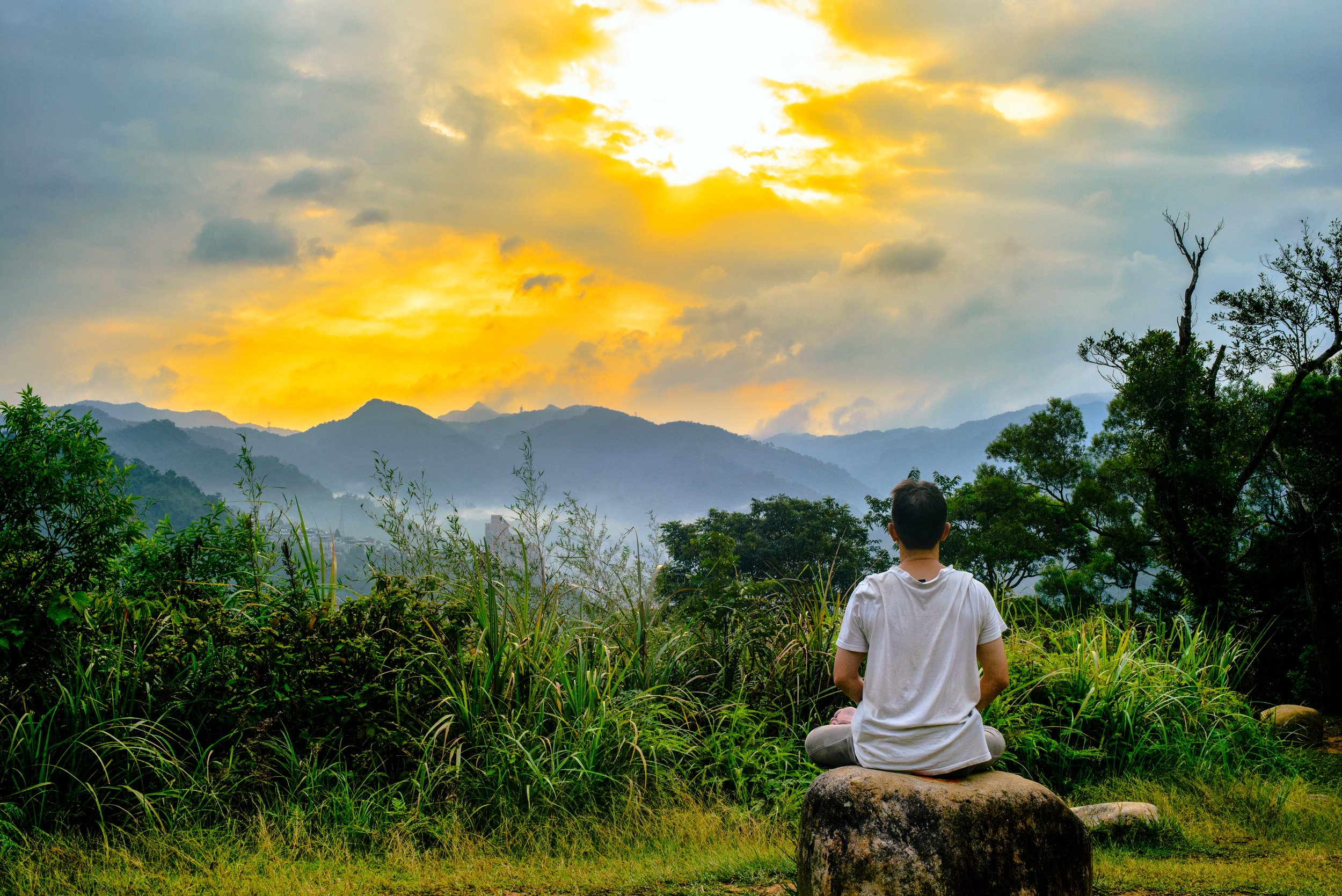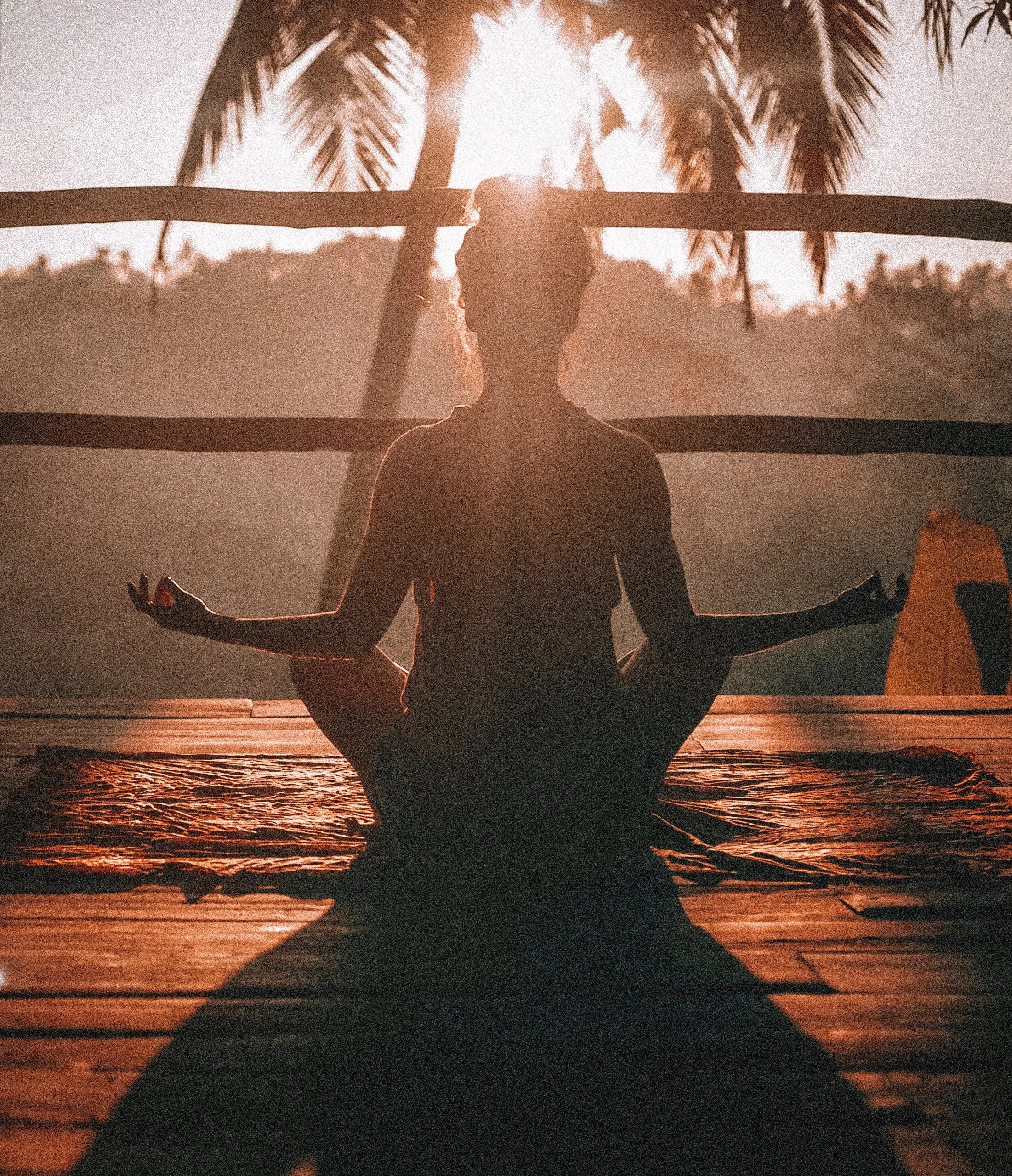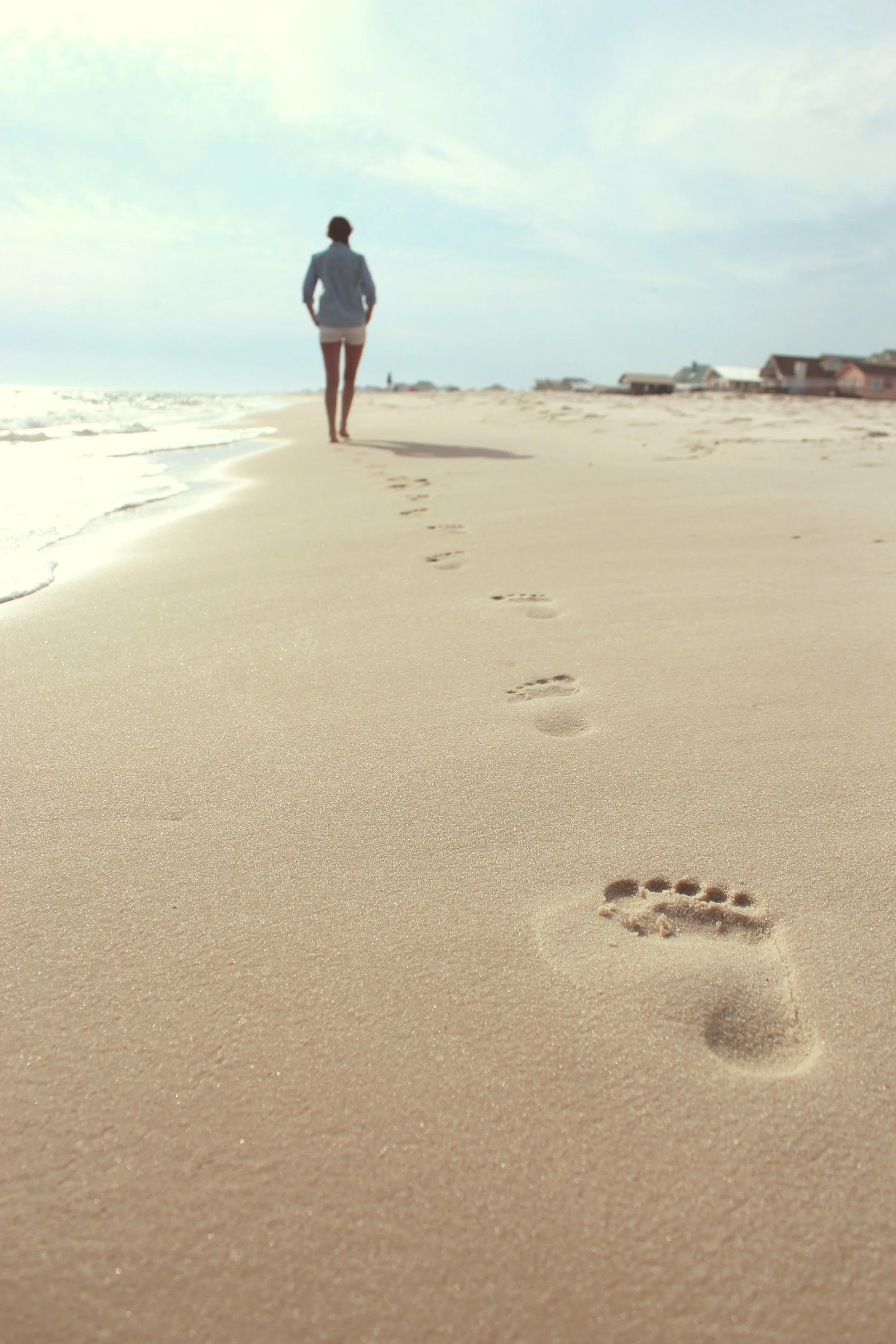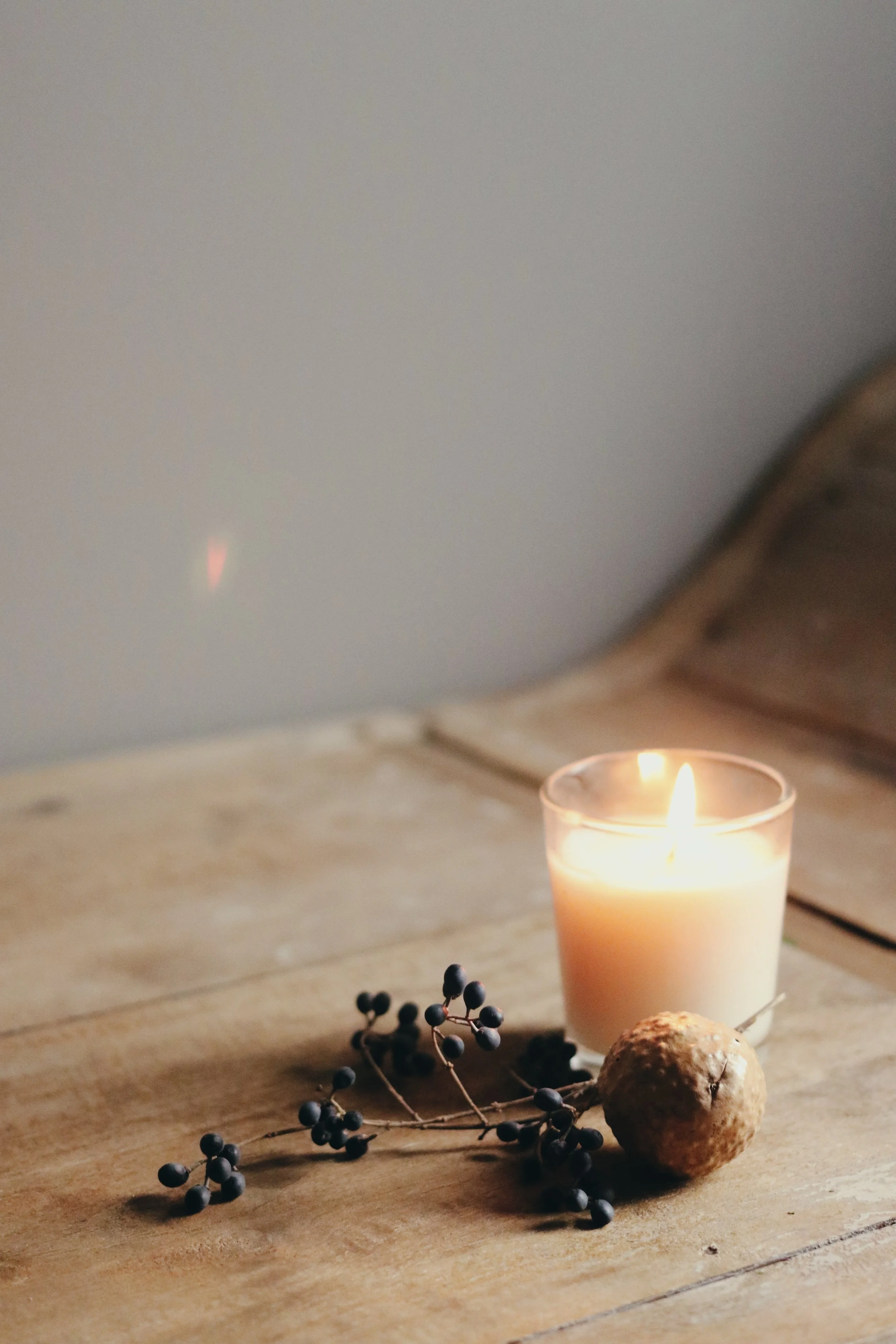3 Mindfulness Strategies to Reduce Anxiety
Anxiety is exhausting…
At best, anxiety is an underlying worry. At worst, anxiety shows up as racing thoughts, a pounding heart, and tightness in your chest.
You have so many things on your plate and worst-case scenarios hijack your brain making it difficult to concentrate.
In short, you are exhausted and looking for strategies to get back to happy+healthy you. Below are three mindfulness coping strategies to try.
What is mindfulness?
As you know, it’s very easy for our minds to get stuck in past ruminations or future worries.
Mindfulness is observing the present moment fully and from a standpoint of neutrality.
Being completely aware of this moment - of what you are doing, what’s happening around you, what’s happening within you - all without judgement.
Mindfulness techniques quickly reduce anxiety.
We are only able to pay attention to one thought at a time. And, while it can be difficult, we have the ability to choose one thought over another. By focusing on neutral elements in our immediate environment, worry thoughts are less able to take over, catapulting us into worse case scenarios that live in the future.
Below are three mindfulness coping skills that will help you manage your anxiety.
Square breathing
Close your eyes. Picture a square floating in front of you. As you breathe in, trace your eyes along the top of the square, counting slowly to four.
Hold your breath as you trace your eyes along the side of the square, slowly counting to four.
Breathe out as you trace your eyes long the bottom of the square, counting slowly to four.
Hold your breath as you trace your eyes along the final side of the square, slowly counting to four.
Note: Experiment with different lengths of time (i.e. breathing in/out for 6 seconds and holding your breath for 4 seconds).ver it is, the way you tell your story online can make all the difference.
mindful walking
Whatever space you are in, stand and slowing take a step forward.
Bring your mind to this moment by paying attention to what is around you.
Slowly take a step forward.
Look at your surroundings. Remove judgements and opinions. Focus on the colors, sounds and smells around you.
Slowly take another step forward.
Move your attention to how your body feels - your weight shifting from the heel to toe as you push off to take another step, the muscles in your thighs contracting with each step.
Note: If your mind is particularly anxious today, practice counting each step (up to 10) as a way to increase focus.
Candle Meditation
If possible, lower the lights in the room you are in.
Place a candle of any size, shape or smell on a table in front of you.
Light the candle.
Sit straight, but relaxed in your chair. Take a couple of slow deep belly breaths.
Focus your attention on the flame of the candle. When a thought arises, gently allow it to pass.
Connect fully with this present moment.
Note: blink whenever you feel like you want/need to.
Right here, right now, everything is ok.
As with any coping skill, it is best to practice the skill when you don’t need it. Once anxiety takes over, it is much more difficult to remember to use one of these mindfulness techniques.
Practice makes better…
I recommend starting with 5-10 minutes per day. Every day, not just when you’re feeling particularly anxious. Over time, you will develop a tool that you can reach for when anxiety sneaks up on you.




